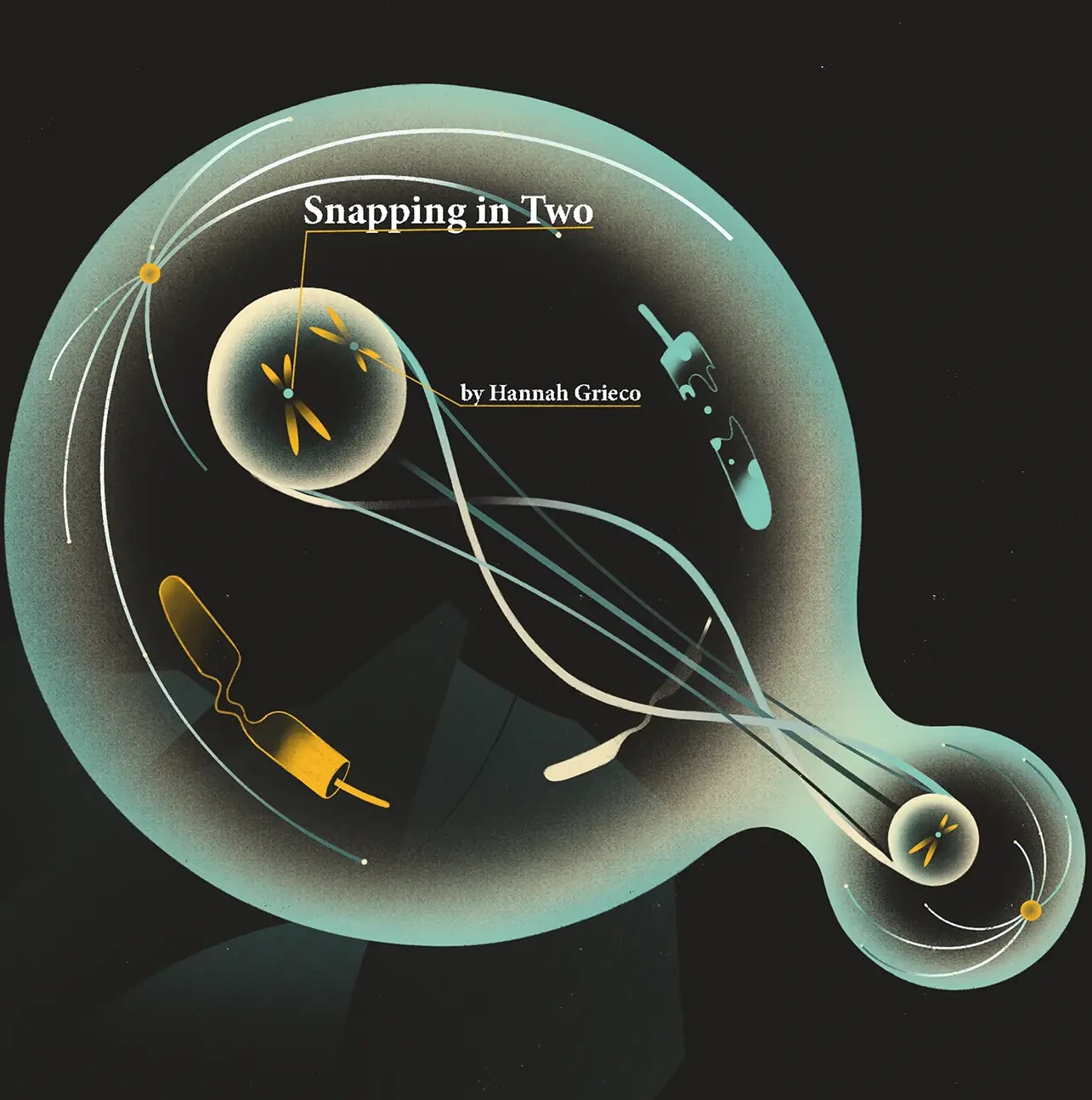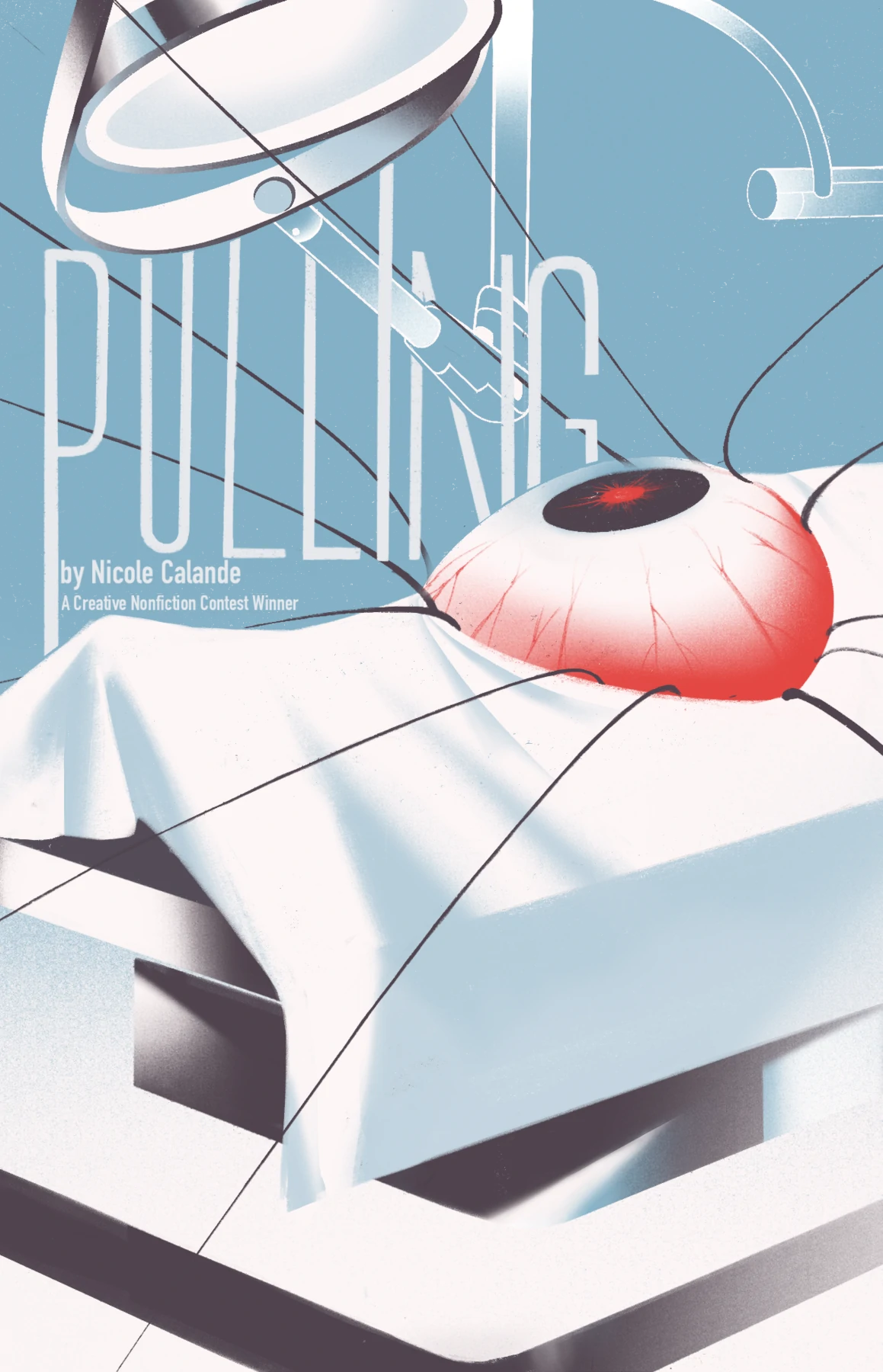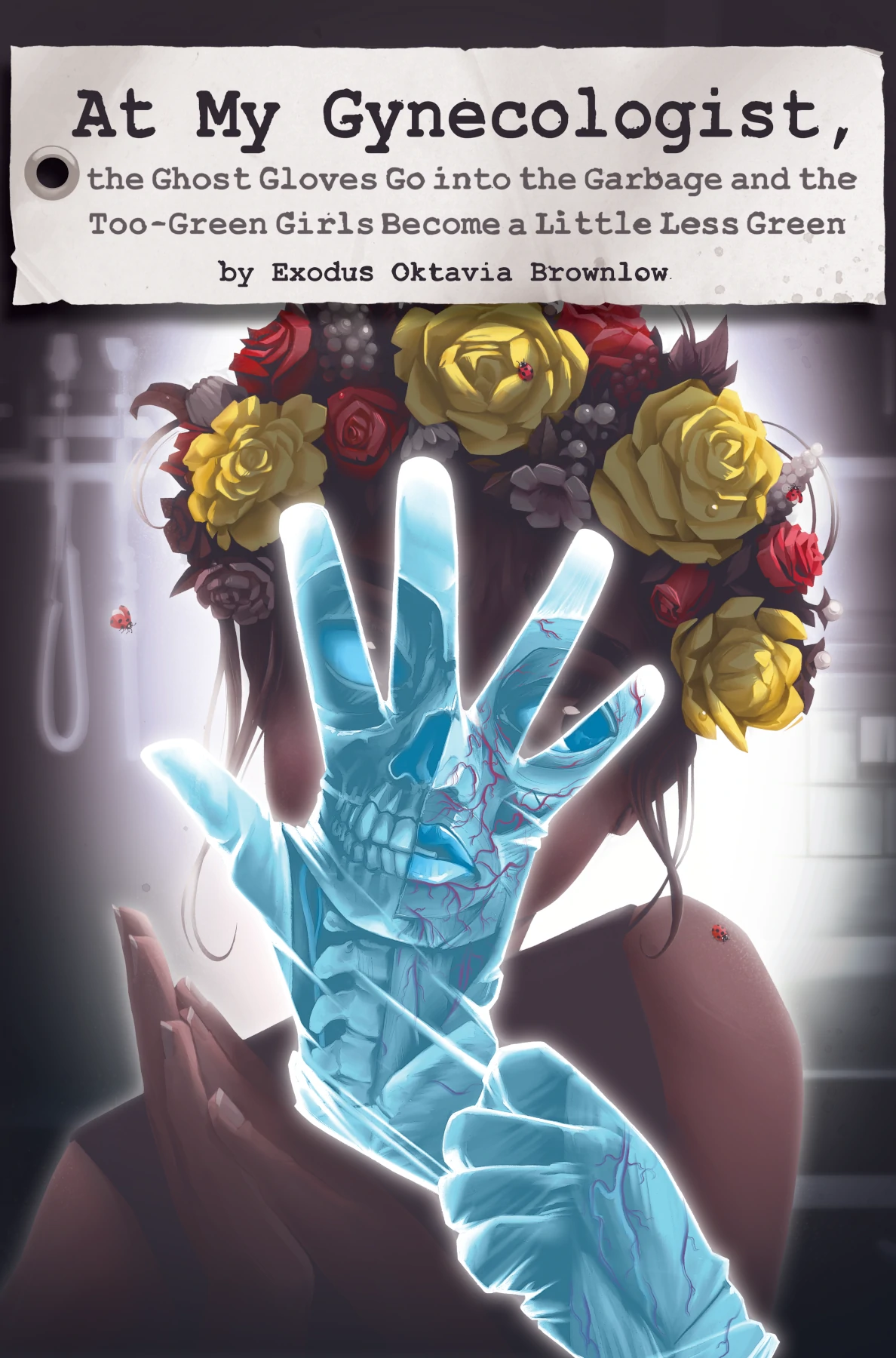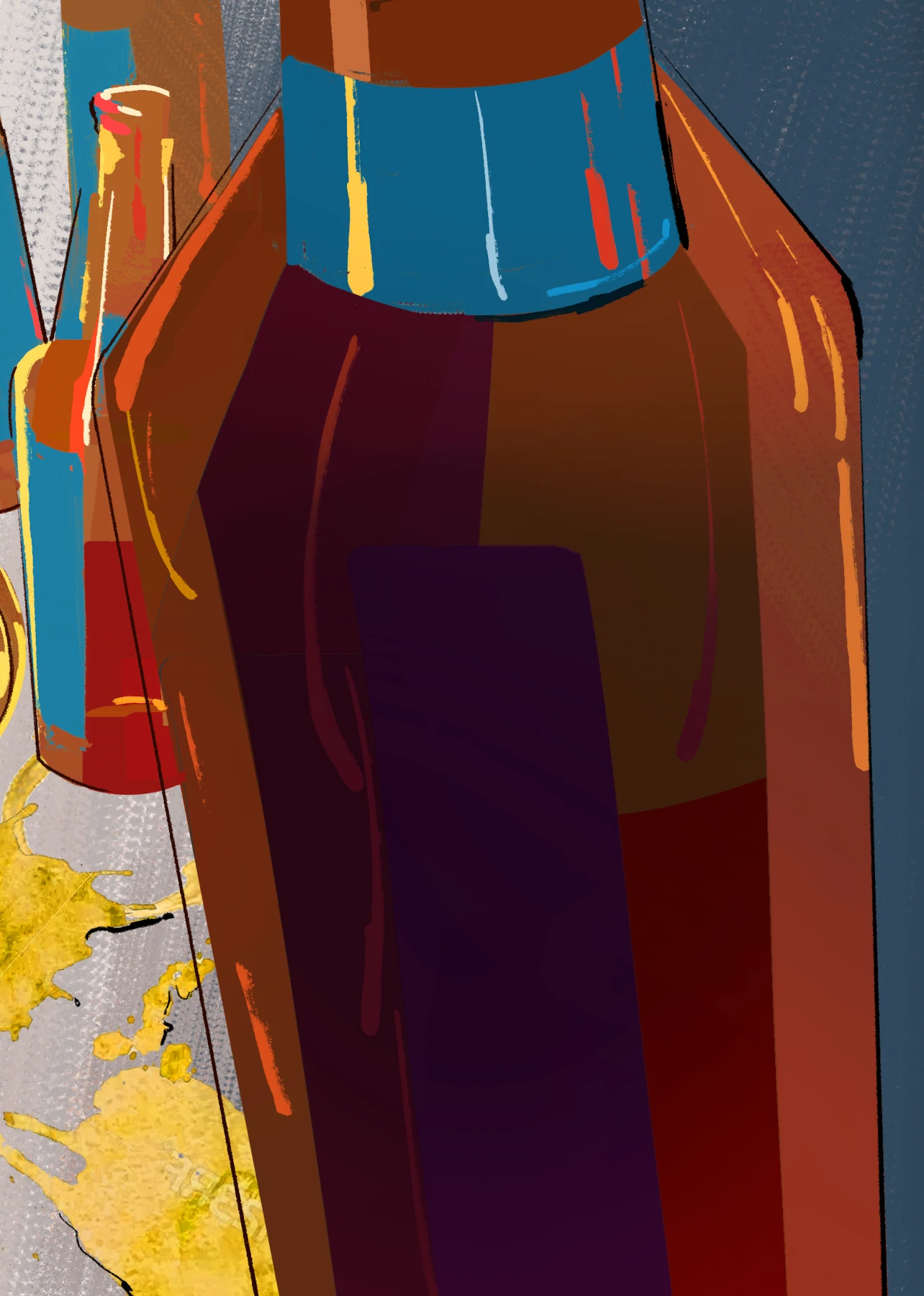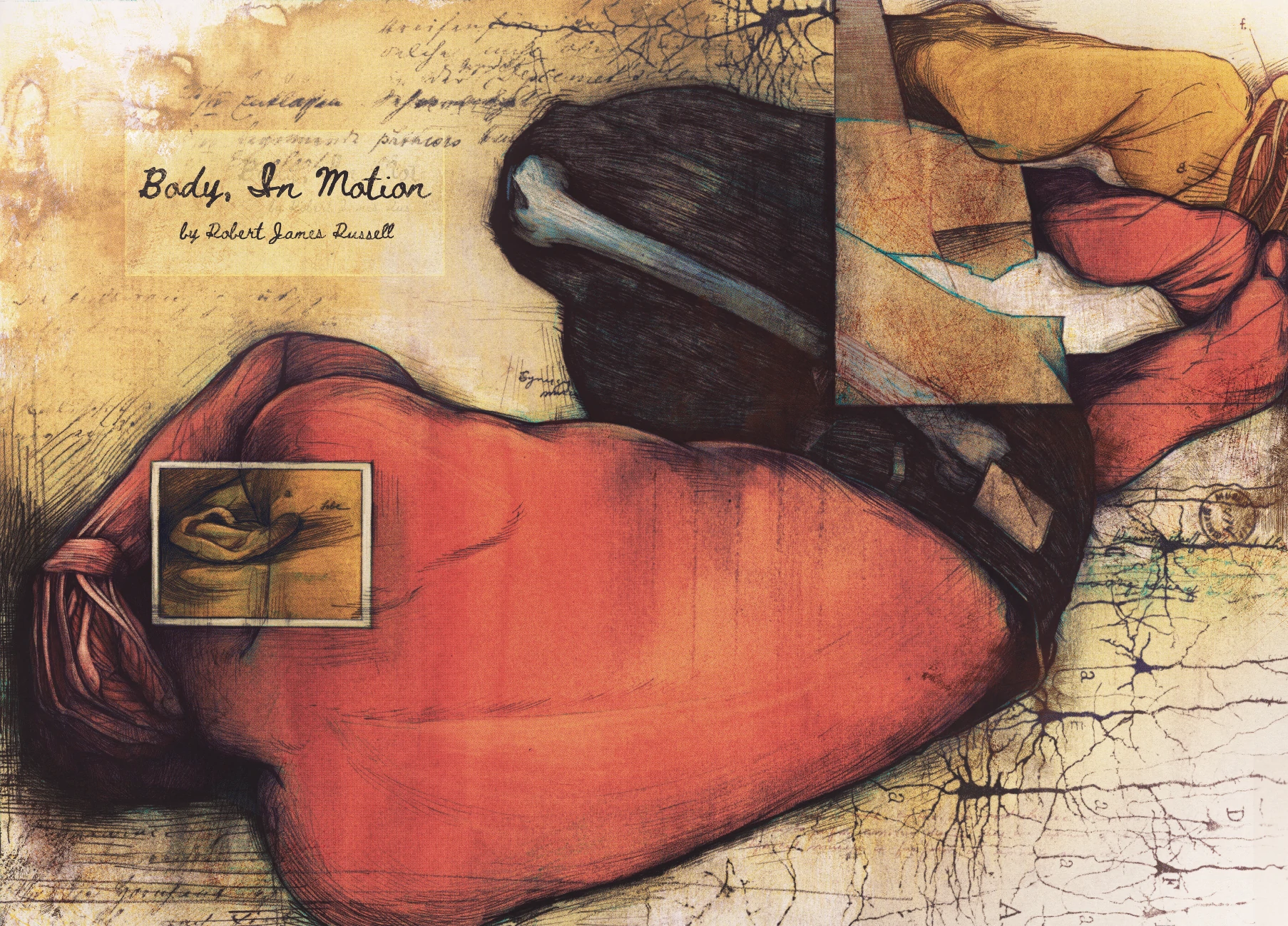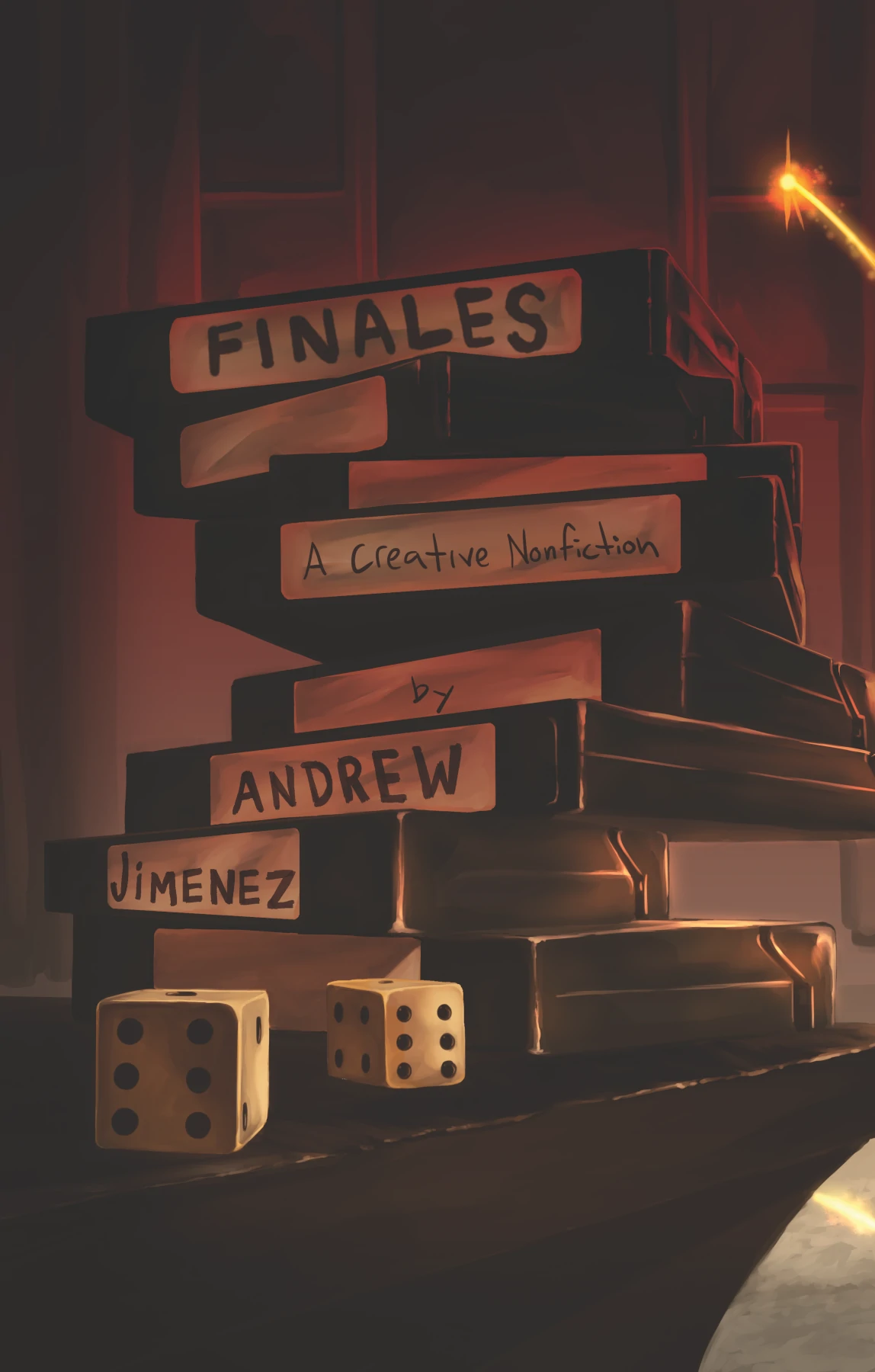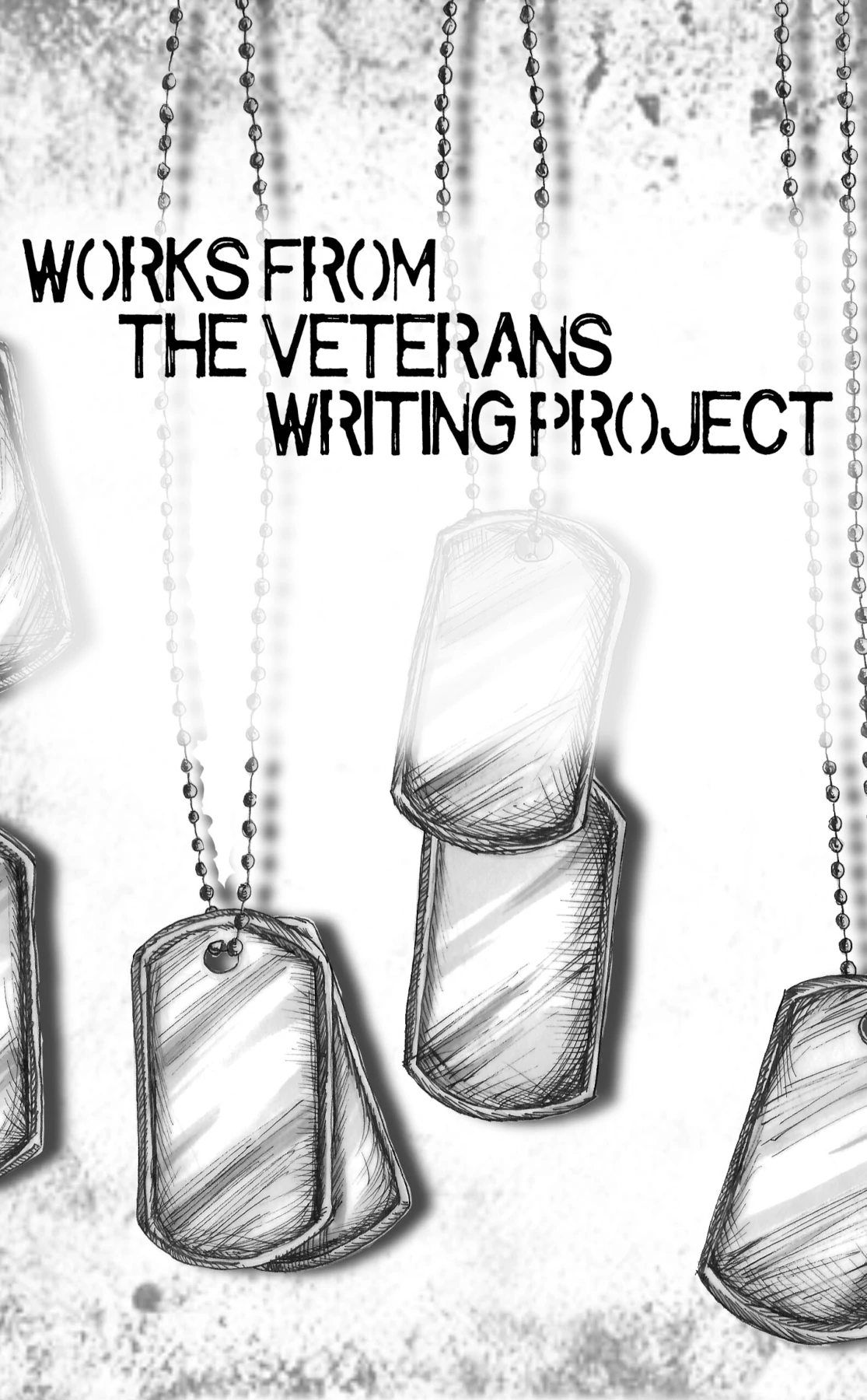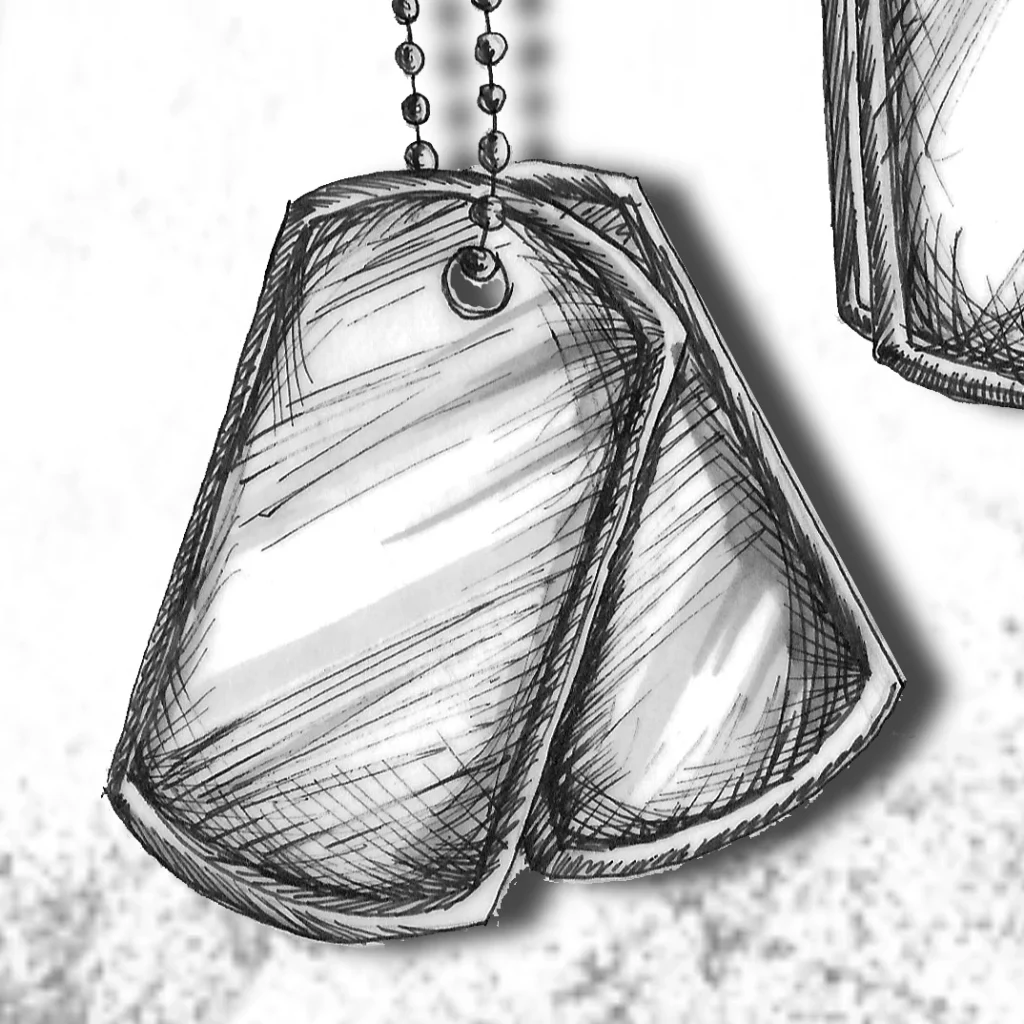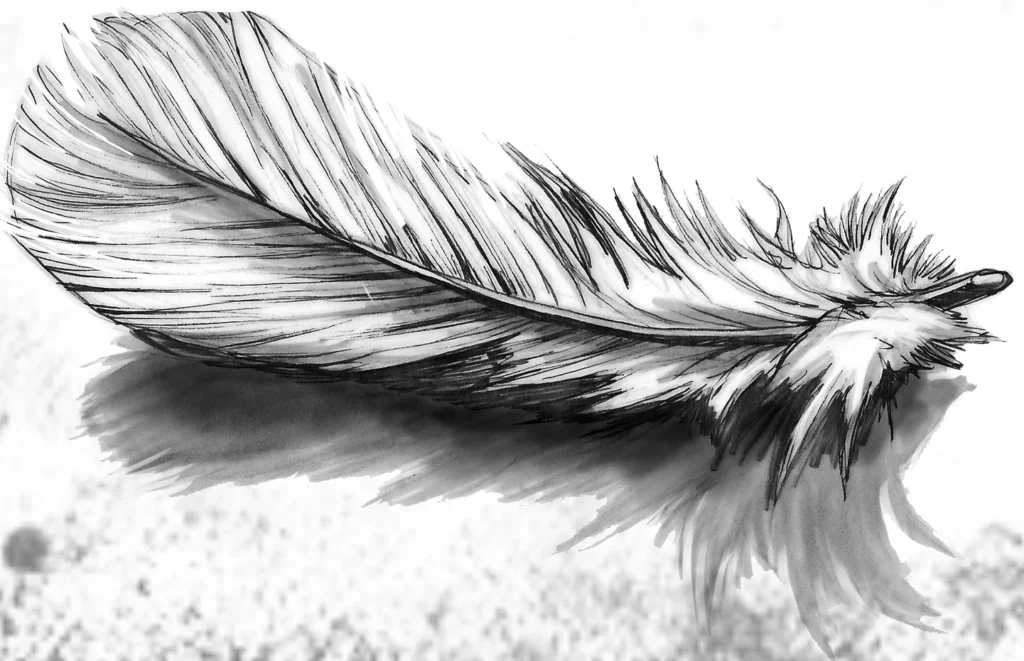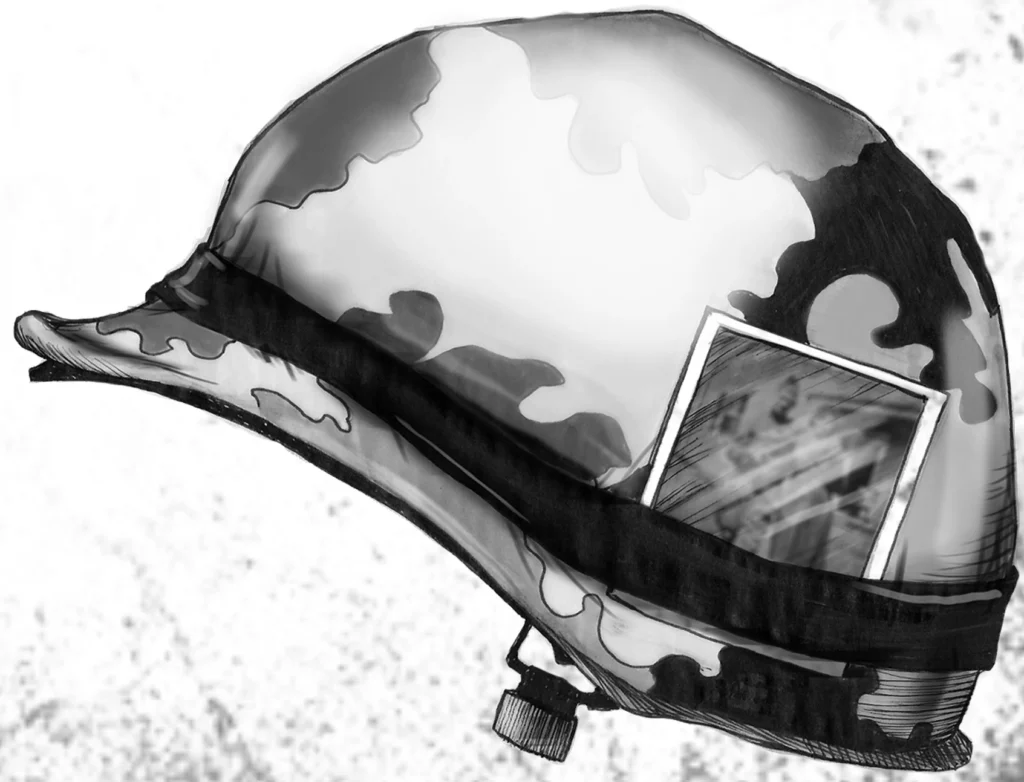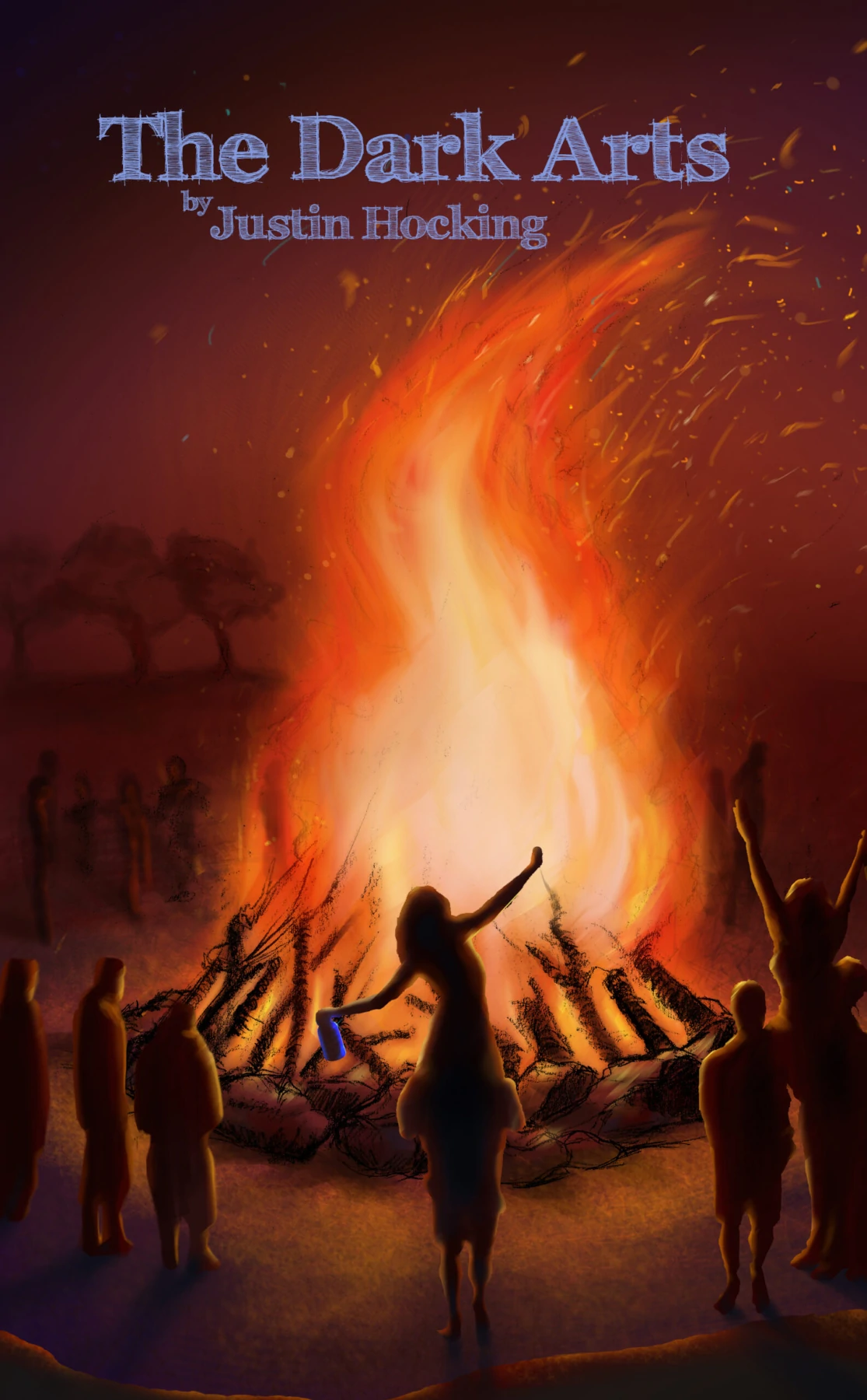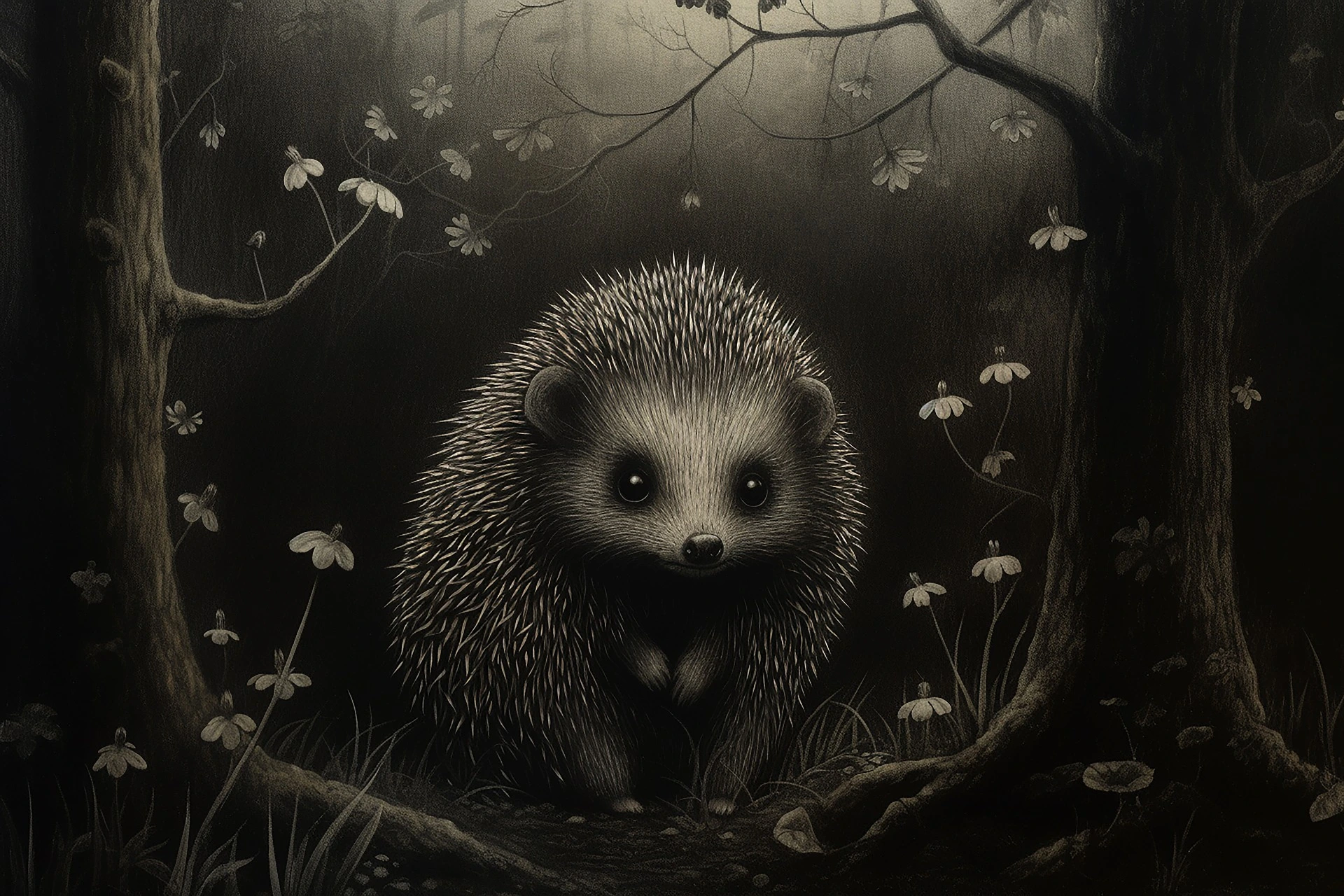
How Long Does It Take To Disappear
Creative Nonfiction winner of the Spring 2023 F(r)iction Literary Contest.
Because no one did anything, it became something I had to deal with.
During the spring of my fourth grade, arise with the bright seven o’clock sun, when I turned on this little asphalt road between an overgrown lot and an office building, I would see the body. When it started decomposing, it became a home, a colony, a system. It became breakfast. As I rode my bicycle closer, I couldn’t look away from the vibrating surface that was made of maggots moving in and out of its wound.
The first morning went like this: when I saw an animal lying in the middle of the road, I gasped. As I rode my bike closer to it, I saw that it was a fat hedgehog, the size of a soccer ball, marks of a car tire neatly printed on its flattened belly. Dark blood and body insides tumbled out from a hole torn on the side. The blood was dark and shimmered under the morning sun.
Later in life, I would study artists who were drawn to a single subject seen during different times of the day. Like Monet with Rouen Cathedral, which the artist painted in elegant violet in the morning, transparent white in midday, and suffocating orange in the half-light of the afternoon, never missing the fragments of shadows in its rose window and the ornate indentations all along its facade. Each day, each hour, each time the artist looked, the subject in question appeared minutely transformed, forever departing from the previous moment. And that’s how I felt about the body, each time I looked it turned, transcending its own time of death.
I just learned to ride a bicycle the year before, after I transferred to a new school as a second grader. I’ve been getting used to this route, after moving into a new housing complex with my parents. We lived a few years at my grandmother’s apartment, while she stayed in America with my aunt, all the while the place we lived in since I was born was demolished by the city for being structurally impermanent. I was told that the new housing complex we moved into was built on top of the place we used to live in. So it’s really like living in the same place as before.
Where we used to live was called a farm. I didn’t know whether there were many places like ours in Tianjin back then in the ‘90s, but I knew that they were all gone by the time I was in middle school. It was a loosely connected camp made of tiny brick row houses. Hundreds of people lived there; the trash that heaped in the entrance of the neighborhood proved our existence. Before you saw the people, you saw our things: formula cartons, beer bottles, menstrual pads. You smelled our shit, collecting in the bottom of the dark little brick building, a latrine that served everyone, old and young. As the children of this place, we played with dirt, we ran around with no shirt on, we stole garlic from thick garlic braids that hung on people’s doors. I loved living at the farm. I never thought I would stop living at the farm. One day, I thought, someone would help us build a bathroom in every house, and we would get some tiles on our floors, and plant flowers in our yards, and our lives would be better and better.
So I was shocked, when my parents came home one day and told me that we were going to move. That the entire farm was slated for demolition. They would tear down the houses, fill up the pond we used to play in, and turn this land into a new district. I was only five, and I thought that a home was forever.
The day after I first saw the hedgehog, I rode to school and turned on the same road. It was still there, round and plump, its blood still moist, dark, and flowing. The hole in its side was still open. A few flies buzzed above it, but besides them I was the only one here to gawk.
When I entered the road on the third day, another car had run over the hedgehog’s corpse, this time across its entire body, flattening out the other side that used to be plump. More blood gushed out and coagulated on the asphalt. The fourth day, another car drove over it with its dirty tires. By the end of the fifth day, the fuzzy skin started to lose its animal color and turned into a generic gray; the hedgehog spikes dried up and looked like pine needles in the winter. The blood had finally stopped flowing.
I rode past the body every morning, tried to look without staring, never holding my gaze for long on the gaping holes, the intestines, and the now small family of flies. I took a big gulp of air before I turned onto this road and held my breath, because I thought if I let down my guard, I would know how it smelled.
I used to wake up to my mother still sleeping in the bed in our old house. It would be a Saturday, and I would stay in bed with her for an hour, just talking. Want to go to grandma’s? She would say, her voice rose like a song. We always went to grandma’s on Saturday. My grandpa did not have cancer yet, and while my mother chatted with grandma he would chase me around the apartment like the bad guy on TV because I asked him to. He kept one nail long on his pinkie.
My mother let me ride on the back of her bike back then. The roads were unpaved and bumpy; I looked down to watch my feet hover above the ground, quickly fleeing underneath as we went forward. Sometimes we saw other kids riding on the backs of their parents’ bikes. Look, that kid’s too old to be carried around like that, my mother would point out, when we saw a student wearing an elementary school uniform with his arms around his mother’s waist.
One time when we rode to grandma’s, my mother rammed the bike over a step newly installed at the end of an unpaved road, and with one bump I fell off the back. I remember tumbling on the ground, landing face first, and felt a sore pang in my nose. Sitting up and feeling a sharp sting starting to spread on my face, I saw my mother still on the bike, both her feet on the ground to steady herself. The melons we bought for grandma rolled towards me, and the last time I had fallen felt like a long time ago. You should learn to ride a bike yourself soon, my mother said, after checking my face to see the big red hole in my skin where the ground had taken a lick.
I hadn’t thought about how soft hedgehogs were on the side that wasn’t covered with needles. They were like water balloons, filled with the good stuff they find in trash heaps like the construction lots near my new home.
The body of the dead hedgehog swelled. It was even more plump than when it was freshly dead. It looked like a bouncing castle, the kind you would find at a fair when they’ve just started inflating it. Its dirt-colored fur hardened with dried blood.
Each day, I rode my bike to school. On Mondays, we saluted the flag and sang the national anthem. On Fridays, we were let out half a day early. We were already given the sex talk, and the girls got free sanitary napkins. Everyone was given free toothpaste. I didn’t have a crush, not yet. Each day, more cars ran over the body. The blood turned maroon, then a bluish-maroon, then black, then white. The flies swarmed like when someone’s thinking really hard, their thoughts were zooming around in their head. The cars couldn’t kill them. Maggot bodies were elastic; I have seen them in the public latrine. They could become flat when pressures were applied to their boneless body, and bounce back. They moved slowly, but they lived.
All these different cars—the yellow minivan taxis, the 1997 Santanas, three-wheeled motorbikes—they all turned onto this narrow, badly-paved road, bouncing left and right over its ditches and hills, over the body. No one said anything, did anything, no one took it away or covered it up.
One day, as if they decided in a collective meeting that the body was not suitable for a home anymore, all the flies disappeared. There were a few lone stragglers picking over the body, now like a half-open felt hat, nestled on the ground, as if its owner would come back to pick it up any moment. No longer a home for maggots, now small troops of ants took the stage, busily forming a pattern around this monument of what flesh there was left.
After my mother dropped me from the bike, my face took a month to heal. Don’t pick at it, you’ll leave a scar, she reprimanded every time I fingered the edge of the itching, purple scab. When I peeled off its last morsel, I looked at my new, raw skin in the mirror hanging above the washing machine in our bedroom. I still remembered standing in the green machine’s open-top cavity when it doubled as a bathtub, but now I was so tall. The fresh skin was a slightly different color, but nothing other people would be able to detect.
It was around then that we had to move out. This was my home, I wanted to say to someone, but no one was a good audience for that sentence. Not even my parents. Why do you want to live in this garbage dump your whole life? We will move into a building, with hot water and heating, and electricity that stays on all year long. When it’s all built you can come back to visit, when this neighborhood is even better. You won’t remember anything, you are still so young.
So many other things happened around that time; my grandfather died. I was drawing in the next room at grandma’s when it happened. Then at the funeral, my mother and my grandma lifted a corner of the cushion on the bed and revealed a big wedding photo, and told me that the man in the suit was my real grandfather. When I was a little older than you, my mother said, he committed suicide. You know what that is? He died in the Cultural Revolution. You know what that is?
After the funeral, my parents, my aunt, and grandma sawed to pieces the old couch grandpa slept on when he was sick and tossed the parts out from the window, because it was too big to carry down the three flights of stairs.
Sometime after that, my aunt got married and went to America. Then after that, grandma went to America also.
I will remember, I thought in our old house, I will remember everything about this place: every blade of grass, every hole in the ground, every baby tooth my mother tossed on the roof for good luck.
I would never forget the grease that stained the ground. Morning, bike ride, dead hedgehog, main road, school. During that spring in my fourth grade, seeing the hedgehog eventually became a routine. I felt like I had transformed every time I saw it and left it behind, only to be greeted again with a new chapter of its decay. Months later, it was still lying in the same spot, only now much flatter, as if a photo of the hedgehog was pasted on the surface of the road. I tried to recall my memory of the freshly dead animal with flowing blood, and questioned whether it could have all been a dream.
My parents taught me to hide my key, to tell people I was going to the deli and my parents were at home waiting for me when in fact I was going to school and coming back home by myself. Our new home was really clean, there was no more trash, and everything was painted white, but I could not understand how it was built on top of where we used to live. My mother and I did a fun project where we recorded the temperature and weather of a city in the south everyday for a month, then at the end of the month she asked me if I would be okay if she went to that city, just for a few years, to get her doctorate. She told me to be strong, you’re not a kid anymore.
On the road, the photo became a shadow, and the shadow oozed fat from its edges. It once again shimmered, a small dark patch of liquid pooled around its blurry contour. The cars that drove over it left dark tracks further down the road.
By the time my fourth grade was almost over, the grass in the lot on the side of the road was just as tall as the kind I used to run around in, but now it suddenly felt too deep for me to explore. I never knew that hedgehogs could live inside a city like this, until I saw one die. All there was left of the body was an oil stain on the asphalt the size of a dinner plate. I could still see it even when I was in fifth grade, even though no one else would know what it was once before.
